Mental Health and Wellbeing

At Lache Primary School, we are committed to supporting the emotional health and
wellbeing of our pupils and staff. We have a supportive and caring ethos and our approach is respectful and kind, where each individual and contribution is valued.
At our school we know that everyone experiences life challenges that can make us
vulnerable and at times, anyone may need additional emotional support. We take the view that positive mental health is everybody’s business and that we all have a role to play.
At our school we:
- Help children to understand their emotions and feelings better.
- Help children feel comfortable sharing any concerns or worries.
- Help children socially to form and maintain relationships.
- Promote self-esteem and ensure children know that they count.
- Encourage children to be confident and ‘be themselves’.
- Help children to develop emotional resilience and to manage setbacks.
Our Mental Health lead is Mrs Louise Craven.
Click here for some top tips for children and parents...
Child Mental Health and Well being - Top 10 tips for parents
Parent Mental Health and Well being - Top 10 tips for parents
There are some geat apps that can help you on a daily basis...
 Chill Panda- Learn to relax ,manage your worries and improve your wellbeing. This app aims to take your mind off your worries. Chill Panda- Learn to relax ,manage your worries and improve your wellbeing. This app aims to take your mind off your worries. |
 Wysa - This app coaches you to cope better with daily stresses. It helps with a variety of behavioural health issues. Wysa - This app coaches you to cope better with daily stresses. It helps with a variety of behavioural health issues. |
 Happify - This is a mood training program with games, gratitide prompts and activity suggestions. Happify - This is a mood training program with games, gratitide prompts and activity suggestions. |
 - makes meditation simple. Access to 100s of meditations and mindfulness activities. - makes meditation simple. Access to 100s of meditations and mindfulness activities. |
|
|
 The Worrinots - This has four friendly monsters who will help your child deal with their worries. The Worrinots - This has four friendly monsters who will help your child deal with their worries. |
|
|
 SLEEP
SLEEP 

Sleep is vital for us to cope with the stresses of daily life. It is just as important for you as it is for your child.
Here are some tips to getting a good night's sleep...
- Go to bed and wake up at the same time every day, even on weekends.
- Daylight helps set sleep patterns, so try to be outdoors while it's light out for 30 minutes a day.
- Exercise regularly (but not too close to bedtime). An afternoon workout is ideal.
- Keep naps short — less than an hour — and forgo napping after 3 p.m.
- Avoid caffeine (found in coffee, many teas, chocolate, and many soft drinks), which can take up to eight hours to wear off. You may need to avoid caffeine entirely if you have panic attacks; many people who experience panic attacks are extra-sensitive to caffeine.
- Review your medications with a doctor to see if you are taking any stimulants, which are a common culprit in keeping people up at night. Sometimes it's possible to switch medicines.
- Avoid alcohol, large meals, foods that induce heartburn, and drinking a lot of fluid for several hours before bedtime.
- If you smoke, quit. Smoking causes many health problems, including compromising sleep in a variety of ways.
- Keep your bedroom cool, dark, and quiet, without distractions like TV or a computer. Avoid using an electronic device to read in bed; the light from the screen can trick your brain into thinking it is daytime. If your mattress is uncomfortable, replace it.
- Reading, listening to music, or relaxing before bed with a hot bath or deep breathing can help you get to sleep.
- If you don't fall asleep within 20 minutes of turning in (or if you wake up and can't fall back to sleep in 20 minutes), get out of bed and do something relaxing until you feel sleepy.
We have compiled some links to a range of support, advice and resources that we think will be useful in maintaining positive wellbeing throughout this time. Let us know if you come across others which we can add.
We have included resources for adults and children. We hope these will be useful to families as they work together to support one another.
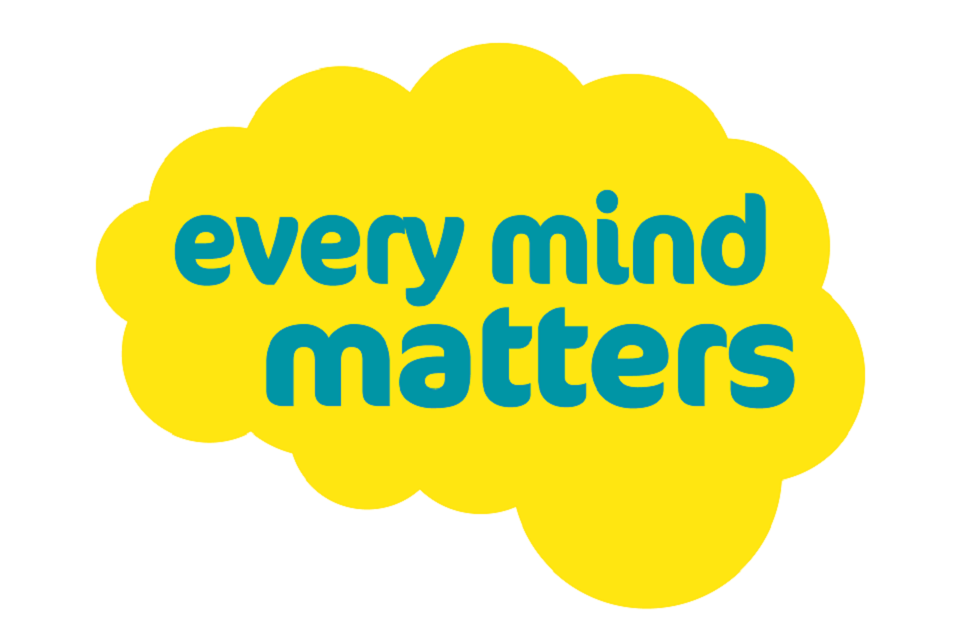
https://www.nhs.uk/oneyou/every-mind-matters/

https://sesamestreetincommunities.org/activities/breathe-think-do/
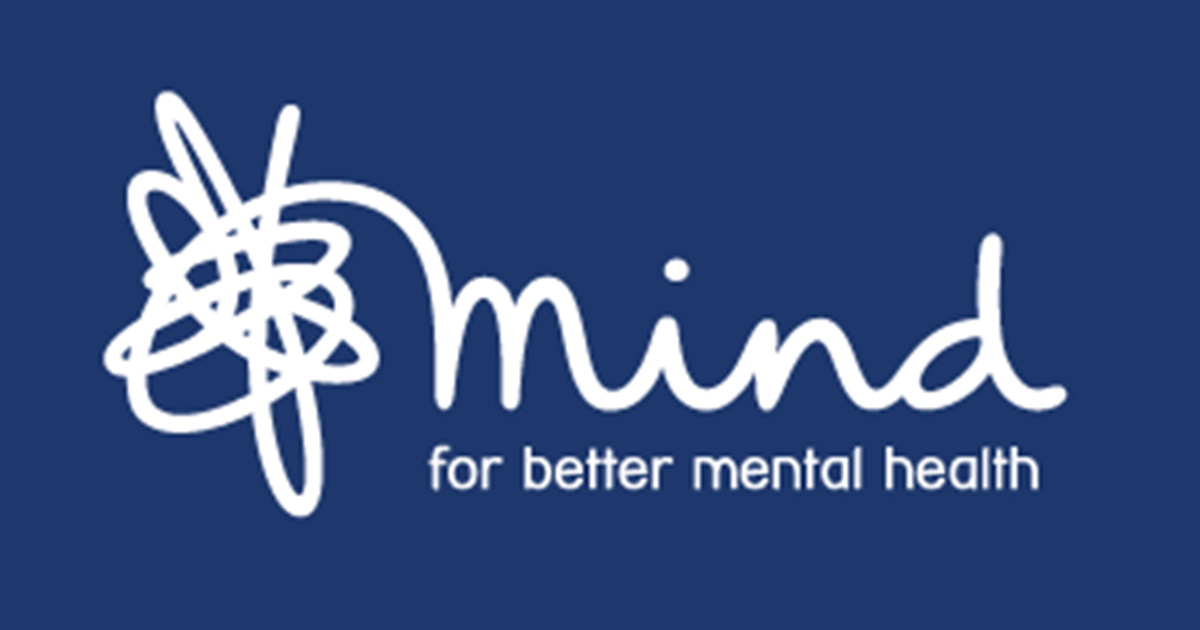
https://www.mind.org.uk/information-support/tips-for-everyday-living/wellbeing/wellbeing/
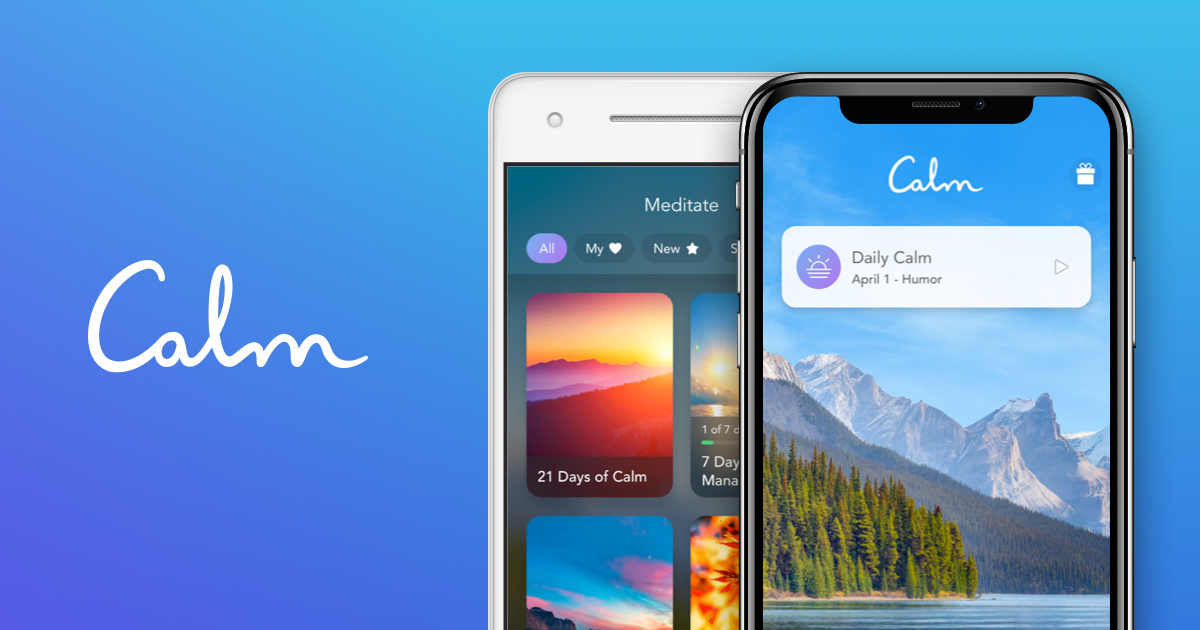
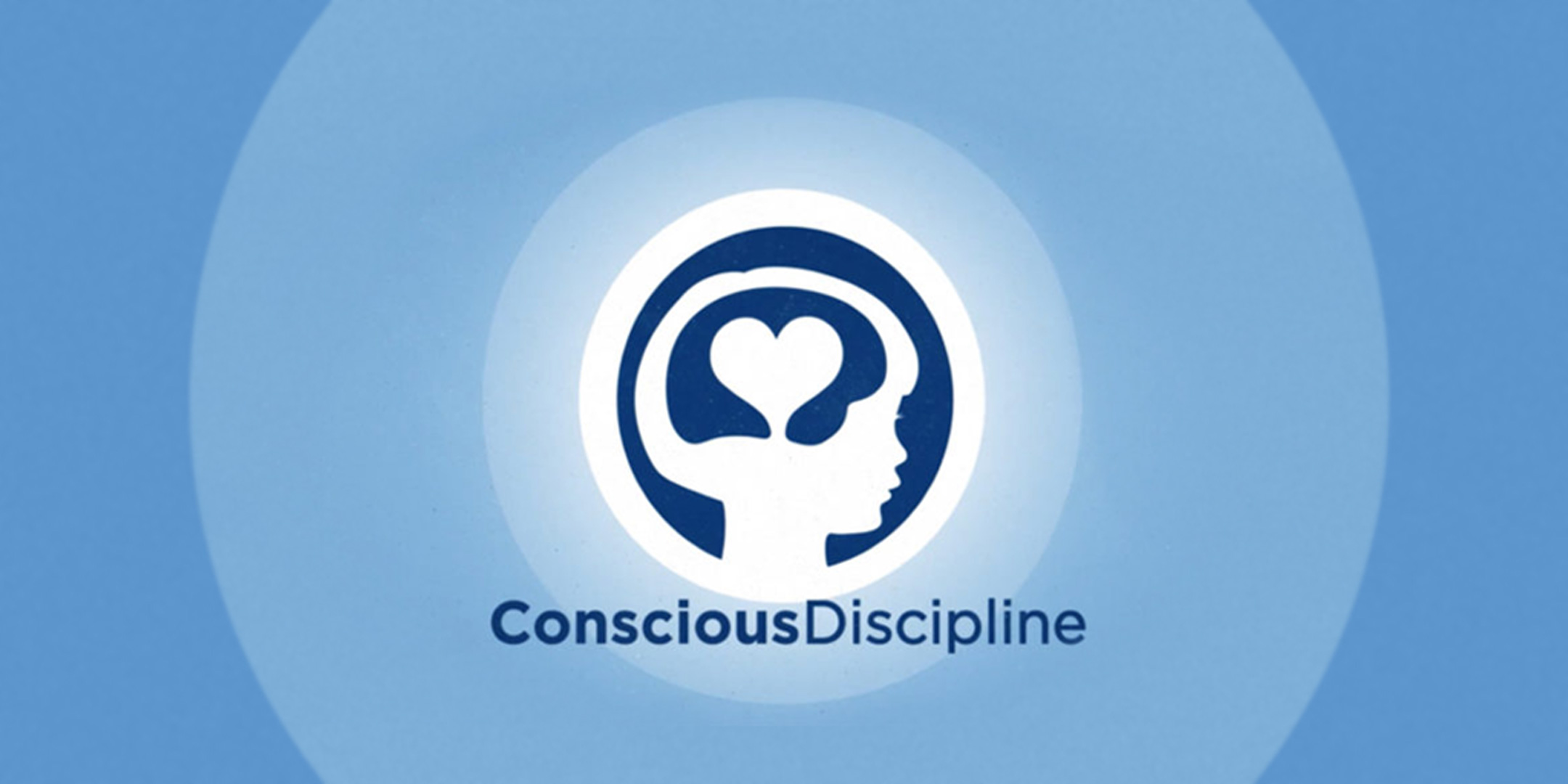
https://consciousdiscipline.com/
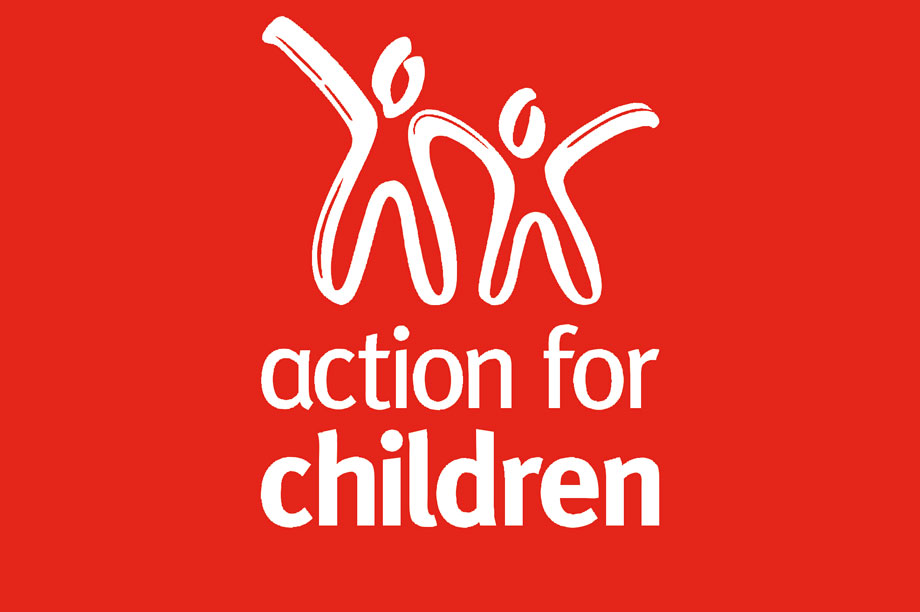
https://www.actionforchildren.org.uk/
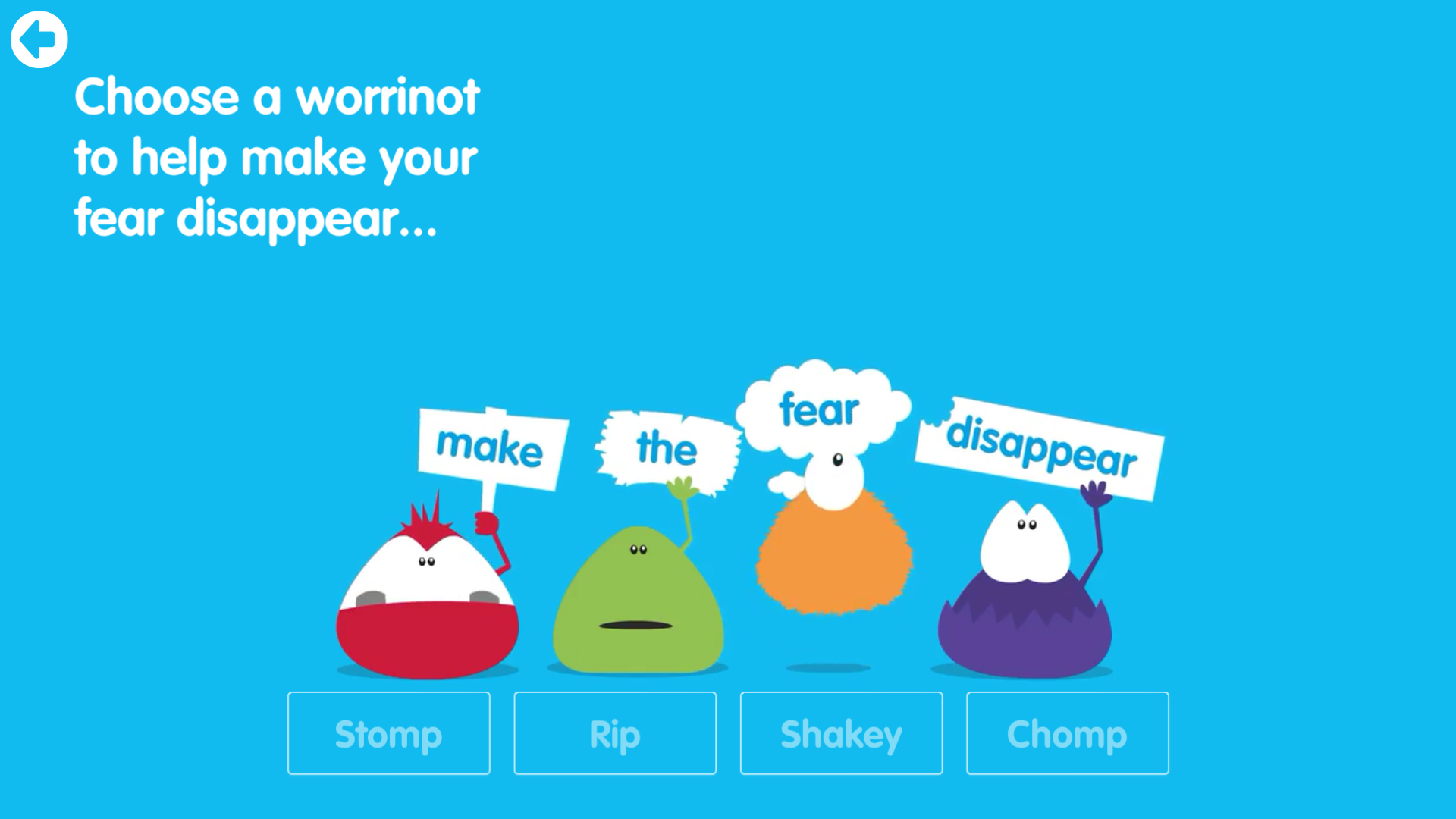


https://www.startingwell.org.uk/primary-5-11/

https://www.mentalhealth.org.uk/

 Sleep meditations for kids - This app will help your child fall asleep at night.
Sleep meditations for kids - This app will help your child fall asleep at night. FOCUS on the Go - This stands for families overcoming under stress. Every member of the family can be involved and it focuses on developing resilience.
FOCUS on the Go - This stands for families overcoming under stress. Every member of the family can be involved and it focuses on developing resilience. Breathe, think, do with Sesame Street - This app helps young children become more aware of their emotions.
Breathe, think, do with Sesame Street - This app helps young children become more aware of their emotions.